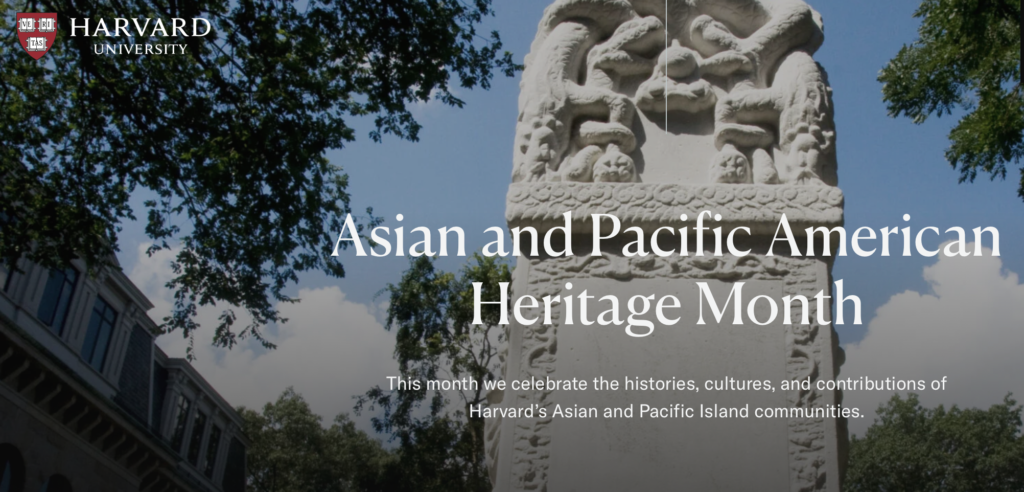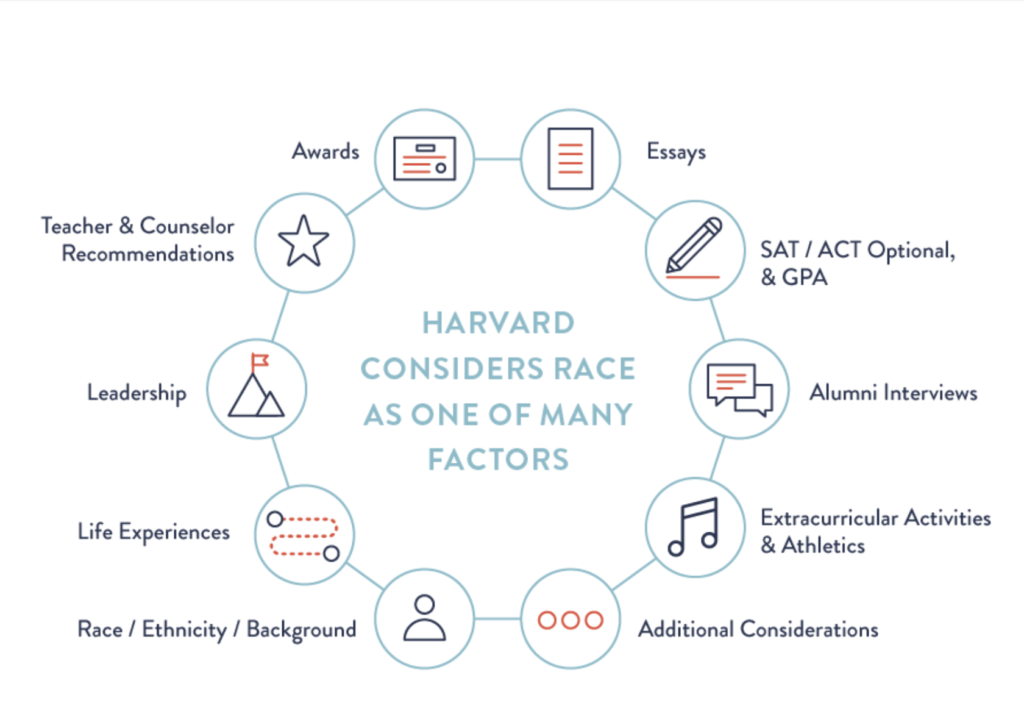
by James C. Sherlock
The left despises standardized tests in schools.
- Teachers unions have fiercely opposed them for years as measures of accountability in K-12. Because SOLs, SATs and ACTS expose both good and bad educational results and measures of student growth over time;
- Colleges and universities oppose them because they interfere with diversity, equity and inclusion aspirations.
Thus Virginia colleges and universities, presented with an opportunity by COVID, jumped at the chance to drop the SAT/ACT testing requirement. Now at least some of them are quietly extending that policy.
This from UVA:
We’ve extended our current test-optional practice for two years. If you’re applying for admission for Fall 2024 or Fall 2025, you’ll have the choice of sharing or not sharing results from the SAT and ACT.
Whichever path you choose, we’ll consider your application with care and respect, and you won’t be disadvantaged because of the choice you’ve made.
Two-year extension. Any bets?
UVA, William and Mary, Tech and W&L should consider the difference between what they are marketing — exclusivity based on merit — and that policy.
It will quickly challenge them.
Not mentioned by these institutions is the fact that by avoiding the requirement for SAT/ACT results, colleges won’t have to consider them in their “whole person reviews.” Or can say they don’t.
That will let them avoid accumulation of statistical evidence to back up the kinds of lawsuits against Harvard and UNC that are being heard by the Supreme Court.
Those two schools are being sued for discrimination against Asian-American students. A lot of whom have higher SAT/ACT scores than students of other heritages who get accepted in their stead.
Harvard. Harvard, never having found either a reason to be reticent or the wisdom for self reflection, has celebrated Asian and Pacific American Heritage Month (image above) on its home page.
Quite efficiently providing a script for the Pudding that writes itself.
Harvard has, of course, created a separate web page to support their defense against the suit. You can read there about that school’s “whole person” reviews and be as enlightened as they.

Harvard apparently believes some of its applicants need cartoon representations to understand the process.
Applicants are left to imagine what might be contained in the “additional considerations” category.
Back to Virginia. Three questions about Virginia’s schools of education.
- Which of the ed schools at these same Virginia “Test Optional” institutions work tirelessly to develop methods to improve school quality with ideas that bring measurable and repeatable improvements in learning?
- Which of them ensures that the assessments of the programs developed by their ed schools are conducted by researchers other than those who developed them?
- Which of those schools do not advocate for the elimination of SOLs?
Virginia’s top-rated state institutions of higher learning now face a dichotomy between their marketing and admissions policies.
They unabashedly market exclusivity — low acceptance rates and high SAT ranges.
Parents in particular have for generations viewed that exclusivity as the highest attraction. It promises both:
- higher quality academics that depend upon both the academic starting points of the freshmen and the ability to attract professors who wish to teach and work with those students; and
- a leg up in the market for graduates that exclusivity and high quality academics bring.
Now the institutions are saying, quietly but firmly, that intellectual achievement is no longer a first-tier consideration in admissions.
Because they no longer require standardized tests that every applicant must take to certify intellectual preparation for the supposed rigors of the course work.
- GPA certainly does not do it;
- The left does not encourage class rankings;
- Harvard says it considers awards. In a culture where there are only two types of awards: ones that everyone gets and ones that are criticized as biased;
- Life experiences? What the heck does that mean?
- Essays in an era of chatbots?
- Alumni interviews? – biased;
- Teacher recommendations? – Does the teacher have the “correct” attitudes?
Bottom line.
Hope is not a strategy. Making the SAT/ACT optional requires one.
School admissions boards absolutely know that students who do not submit SAT/ACT scores do so for reasons that do not include philosophical objections.
Yet they tell them, like UVA, “you won’t be disadvantaged because of the choice you’ve made”.
If that statement is true, the exclusive schools have a problem.
Are Virginia’s top-ranked state colleges and universities:
- to admit students who do not demonstrate a common and high standard of learning that ensures they can succeed in rigorous course work?; or
- to sort them out in the first year and send packing those who not only do not make it but never could have succeeded in a rigorous academic environment?; or
- to create a prep school on campus as a fifth year of high school inserted after the evidence of the first semester?; or
- to adjust the rigor of course work?; or
- to just pretend not to consider SATs and ACTs. (It appears that schools to whom one applies can check SAT scores whether the applicant submitted them or not. The applicant who has taken the test and not reported scores must trust them not to check); or
- some combination of the above?
Are they willing to forfeit the exclusivity that is their calling card?
We’ll see.

Leave a Reply
You must be logged in to post a comment.